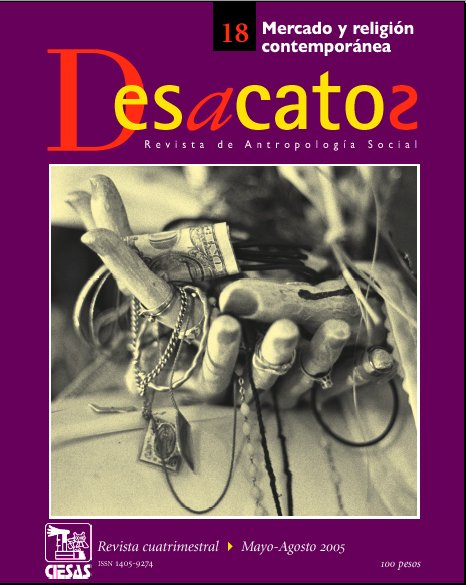The development of religious tourism in Havana and the accusation of mercantilism
DOI:
https://doi.org/10.29340/18.1311Keywords:
Abstract
During the last decade, cultural tourism has grown substantially in Cuba, this type of tourism is profusely nurtured by the Afro-Cuban theme. At the same time, a growing number of foreign visitors travel to Cuba in order to have contact with the so called religions of African origins (santerÃa and palo-monte). In the current difficult economic situation, these religions have become one of the safest and most lucrative means to improve the material situation of many Cubans, but it has also prompted a series of criticism in many social segments.This paper intends to reflect on this phenomenon by analyzing the critique of mercantilism, and considering it a type of ambiguous accusation inherent to the exchange between religious individuals and social relationships in general as well. Using ethnographic data gathered in Havana, this paper will contest the classic distinction between the profane and the sacred, as well as the distinctions between the cultural, artistic, religious, political, emotional and economical dimensions, since they are all intrinsically related in a show for tourists as well as in a religious ceremony.Downloads
Download data is not yet available.
Published
2014-07-14
Issue
Section
SABERES Y RAZONES
License
.
How to Cite
The development of religious tourism in Havana and the accusation of mercantilism. (2014). Desacatos. Revista De Ciencias Sociales, 18, 29-52. https://doi.org/10.29340/18.1311


 Make a Submission
Make a Submission
 Language
Language
 Information
Information

 Keywords
Keywords Social Media
Social Media